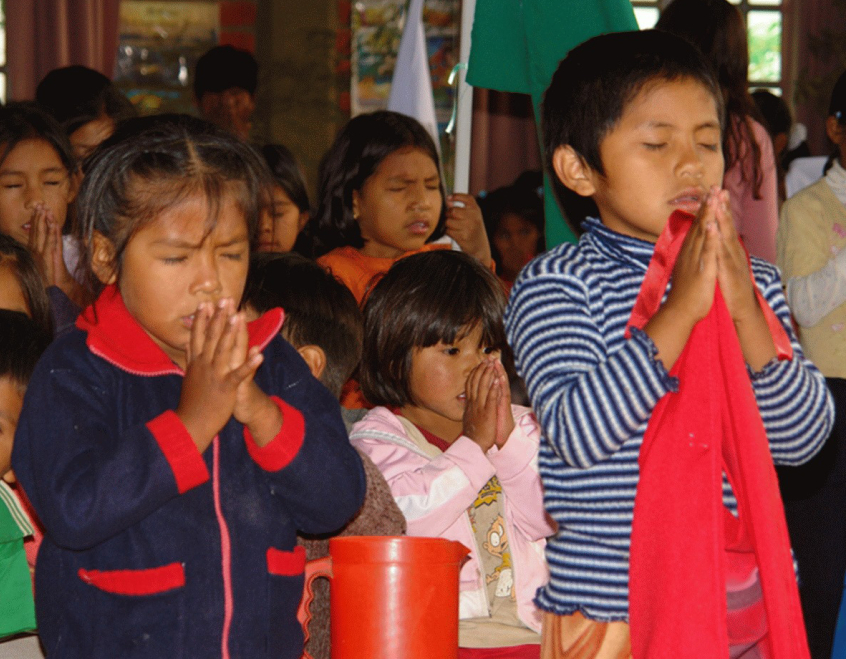Evangelical and other Christian groups across Bolivia are being put on high alert amid warnings that a new law could ban religious groups from sharing their faith, according to Evangelical Focus.
The National Association of Evangelicals in Bolivia (ANDEB) is warning a change in the Penal Code amounted to 'state abuse' against Christians because it could make evangelising a crime. The new law brackets criminal groups with religious organisations and bans people trying to 'recruit' others to take part in 'armed conflicts or religious or worship organisations'.

This could mean that street preaching is banned and even inviting someone to a Christian event could count as an offence. The law would affects both Catholics and evangelicals who make up about 19 per cent of the population, or two million people. Evangelical representatives are warning it could mean the end of religious freedom in the country.
After a special meeting the ANDEB formed a National Emergency Commission in response and said in a statement they were 'deeply worried' about the law.
'We maintain the emergency alert of the evangelical people in Bolivia, and as a consequence, events, gatherings, prayer meetings and meetings of spiritual intercessions for our country will be organised in all cities and places where there are evangelical Christian churches and organisation.'
The new law 'is imprecise, ambiguous, badly written, contradictory and its punitive power can constitute state abuse,' the statement said and urged politicians to 'begin the work of preparing a new Penal Code that reflects the social reality of Bolivia'.
It added that the ambiguous wording 'paves the way for any interested interpretations that can be used against our religious organisations'.
The evangelical leaders said 'there has not been enough participation of the citizens' in writing the legislation and called for a new legislation to 'emerge from a consensus and a social agreement of all sectors of our country'.
The new law, found in Article 88.11 of the Penal Code, reads: 'Whoever recruits, transports, deprives of freedom or hosts people with the aim of recruiting them to take part in armed conflicts or religious or worship organizations will be penalised 5 to 12 years of imprisonment.'
'We express our most resolute rejection of the inclusion of our ministerial activities in the list of possible conducts that go against the law,' the statement goes on to say. 'The legislator forgets that the evangelical Christian churches in Bolivia are religious organisations recognised by the Bolivian state, and, therefore, legal entities.'













